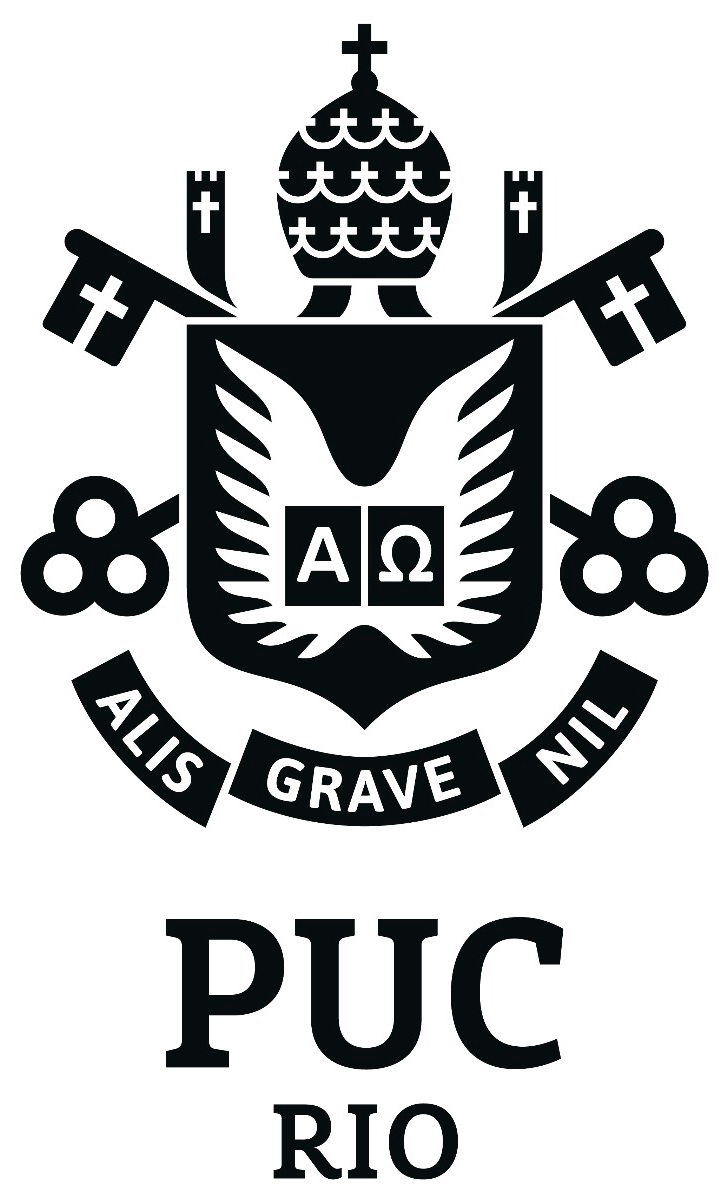When (and How) to Favor Incumbents in Optimal Dynamic Procurement Auctions
Journal of Mathematical Economics, v. 62, p. 52-61, 2016
Vinicius Nascimento Carrasco, Pablo Hector Seuanez Salgado.
Acesse o artigoWe consider the problem faced by a benevolent government agency that procures in each of  periods an indivisible good from one of
periods an indivisible good from one of  firms. The procurement process is complicated by the superior information possessed by firms about their time-varying production costs and efficiency-enhancing efforts. We fully characterize the optimal dynamic procurement. To reduce firms’ informational rents, the government introduces distortions along two dimensions: when selecting from which firm to procure the good and when providing incentives toward efforts in cost reduction. Both distortions interact in a non-trivial way. Firms that draw lower cost parameters in the first period are favored in the selection process in all later periods, which allows for the provision of more powerful incentives.
firms. The procurement process is complicated by the superior information possessed by firms about their time-varying production costs and efficiency-enhancing efforts. We fully characterize the optimal dynamic procurement. To reduce firms’ informational rents, the government introduces distortions along two dimensions: when selecting from which firm to procure the good and when providing incentives toward efforts in cost reduction. Both distortions interact in a non-trivial way. Firms that draw lower cost parameters in the first period are favored in the selection process in all later periods, which allows for the provision of more powerful incentives.
Veja também
Public Ownership and Anti-Preemption (a sair)
The RAND Journal of Economics, 2025
Juliano Assunção, Sergey Mityakov , Robert Townsend .
Estimating the Welfare Cost of Labor Supply Frictions (a sair)
Journal of Public Economics, 2025
Katy Bergstrom, William Dodds, Nicholas Lacoste, Juan Rios.
The Value of Health Insurance: A Household Job Search Approach ( a sair)
Journal of Labor Economics, 2025
Renata Narita, Rita Ginja, Gabriela Conti.

